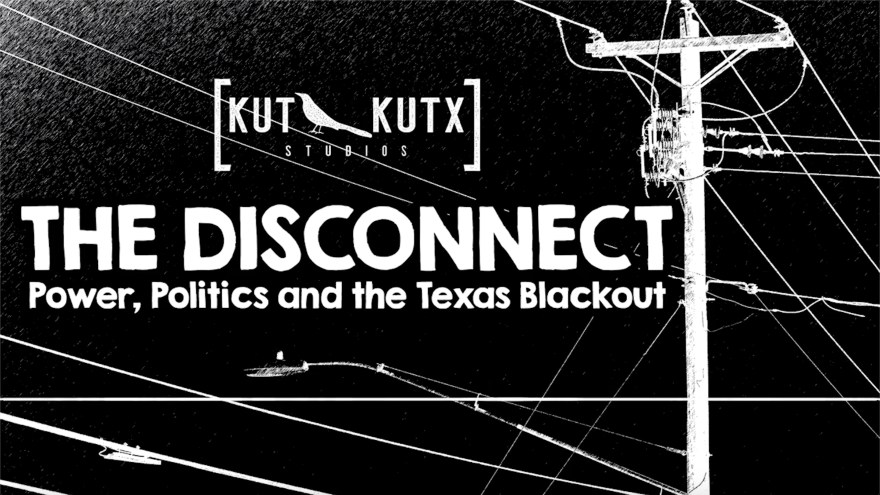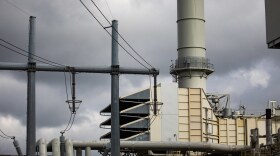The Public Utility Commission of Texas on Thursday rejected a petition to strengthen energy-efficiency standards in the state. Critics say the move leaves the Texas power grid less reliable and more expensive for energy consumers.
Regulators said, however, the vote did not mean they were fully rejecting the idea of tougher efficiency standards.
Since the historic blackout of 2021, a lot of effort has gone into “fixing” the state power grid. Lawmakers have debated how to incentivize new power plant construction. State regulators have mandated that electric companies upgrade their equipment so it won’t break down in the cold. Officials have overhauled the state energy market to encourage, and sometimes force, power plants to run more often.
But one of the cheapest, cleanest and most consumer-friendly ways to increase power available to the state is to reduce energy demand through efficiency.
In Texas, these standards are managed by the Public Utility Commission, which sets goals for what percentage of new energy demand should be met through efficiency programs. Regional transmission and distribution companies must then meet those goals through encouraging efficiency with projects like improving home insulation or installing more efficient appliances.
A potential opening
Texas was once a leader in this approach toward power saving, but statewide goals have not improved in more than 12 years and are now among the least ambitious of states that have them.
After the blackout, efficiency advocates saw an opportunity. The Lone Star Sierra Club petitioned the Public Utility Commission to increase efficiency standards. The move, the group argued, would not only save consumers money at a time when bills were rising, but also help avoid another blackout by reducing energy demand.
Commissioners unanimously rejected that petition Thursday, arguing they needed more time to explore the issue.
“It's not a no," PUC Chair Peter Lake said before the vote. "It's not yet."
Commissioner Kathleen Jackson, who has been tasked with leading new efficiency efforts, said she hoped to get more input, including at an energy-efficiency meeting Oct. 18, before considering changing efficiency rules.
“I support denying the petition,” she said, “recognizing and knowing that we have improvement and changes that need to be made regarding energy efficiency.”
Disappointed, not surprised
The “no” vote had been expected. PUC staff had argued they did not currently have the resources to effectively work on new efficiency rules. Some power companies also came out against the proposal.
“We weren’t surprised. We’re disappointed obviously,” Cyrus Reed, conservation director of the Lone Star Sierra Club, said. “This would have been some welcome relief [to energy consumers].”
But, Reed said, he was heartened that commissioners left the door open to strengthening efficiency in the future. He said if the PUC doesn’t act, his group will continue to lobby state legislators to improve efficiency — though he acknowledged it has often been an uphill battle.
“The type of interests and stakeholders that tend to come to PUC commission meetings and are very prevalent in the Legislature tend to be the kind of people selling energy, not the people trying to conserve energy,” he said. “But they don’t benefit if our system is so stressed that they can’t serve people.”



















